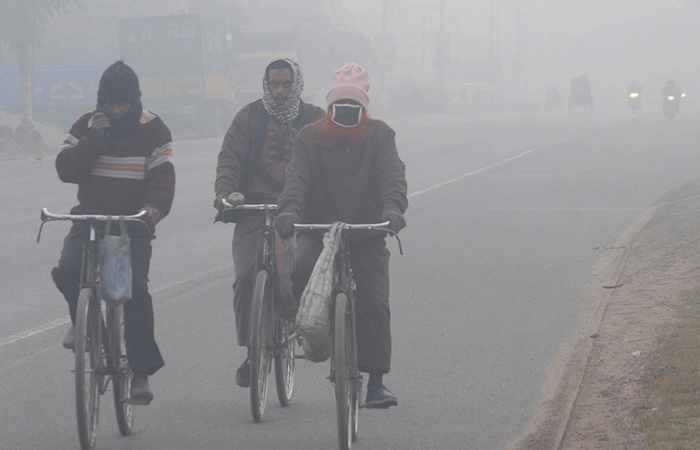MNA Feature Desk: As it is for the first and second ten days of Ramadan, there is unbound specific significance of the last 10 days of Ramadan. The Prophet Muhammad (p.b.u.h.) said, “If any Muslim comes out of Ramadan without gaining forgiveness and goodness, he is a real loser.” (Ibn Hibban and At-Tabarani)
The last ten days of Ramadan are very special days in the life of every Muslim. According to Muslims, they are the most blessed days in the blessed month of Ramadan, the month the Holy Quran was revealed. Muslims believe that although the Prophet Muhammad (p.b.u.h.) was promised Paradise, he used to exert himself even more in worship during these last ten days, hoping to draw closer to Allah.
The Prophet’s wife Aisha (may Allah be pleased with her) said, “With the start of the last ten days of Ramadan, the Prophet used to tighten his waist belt and used to pray all the night, and used to keep his family awake for the prayers.” (Bukhari)
For Muslims, the last ten days should be a time to perfect one’s fast and avoid anything that may break it. It is a time to give more charity and to settle disputes and forgive one another. It is also a time for soul searching, evaluating one’s life, supplicating, and asking forgiveness.
Prayers at Nights
Besides the obligatory five daily prayers, Muslims will carve out portions of their nights in supererogatory prayers known as Tahajjud. Waking up in the middle of the night for prayer is mentioned in the Quran, “Verily, getting up at night is the most potent means of subduing the self and most effective in respect of words of prayer.”
Completing the entire recitation of the Quran during the month of Ramadan was a regular practice of the Prophet of Islam that Muslims will follow. Muslims are admonished to ponder over the message of the Quran by reciting it “slowly and thoughtfully”. Recitation of the Quran during any part of the day is desirable, however, reciting the Quran “at dawn is specially acceptable to God”.
Alms giving (Fitrana)
It is reported that the Prophet of Islam would increase alms giving in the last ten days of Ramadan so much that his regular generosity was characterized to pick up to a forceful wind during the holy month. Following that example, Muslims will give Fitrana, a charitable giving for the poor to also take part in the festivities of Eid-ul-Fitr (a festival that marks the end of fasting).
Retreat in the Mosque (Itikaf)
The Prophet of Islam would spend the last ten days of Ramadan in the mosque in total seclusion (Itikaf). Many Muslims will also retreat in the Mosques during the last ten days of Ramadan, away from their families and work. The purpose of Itikaf is to disassociate oneself from worldly pursuits altogether for a specified period of time and devote oneself completely to the pursuit of God.
The Night of Destiny in Ramadan
During the last ten days of Ramadan, Muslims will seek the night of destiny, which is mentioned in the Quran in these words: “And what should make thee know what the Night of Destiny is? The Night of Destiny is better than a thousand months.” This means that a single night in which one recognizes his/her Creator is better than a lifetime that is spent in ignorance.
The last ten days of Ramadan will provide an opportunity for Muslims to practice these virtues. Muslims can ensure peace within their communities, and the society around them, by adopting these virtues in their daily lives and demonstrating the true meaning behind this most sacred time of the year.
 Mohammadi News Agency News – Features – Photo
Mohammadi News Agency News – Features – Photo






